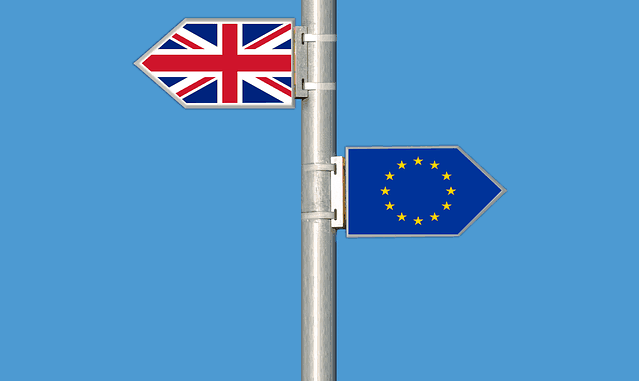
The European Parliamentary elections are due to take place between May 23-26, with the UK voting on the first day.
All EU citizens living in the UK will have the opportunity to vote in an MEP.
Owing to the failure of the UK and the EU to reach a Brexit deal, the UK has been granted an extension to the Article 50 process for leaving the EU until October 31. This means that because no agreement has yet been reached, European elections will be held for UK representatives.
The decision to offer the UK an extension to the Brexit process says that if the UK fails to hold elections, the extension will come to an end on May 31.
As well as the traditional offerings there are two high-profile new parties contesting these elections, one pro-Brexit and one pro-second referendum.
In April, former UKIP leader Nigel Farage launched The Brexit Party. The party, which has been registered with the Electoral Commission since February 5, was led by Catherine Blaiklock, UKIP’s former economics spokesman, until March 20 when she resigned following the discovery of Islamophobic tweets she had made. The party currently has 14 MEPs including Farage, all of whom defected from UKIP.
Change UK will contest the elections and is the party formed by The Independent Group of MPs who defected from Labour and the Conservatives in February. Its registration was accepted on April 15, although the proposed emblem was rejected. Interim party leader Heidi Allen has said the party is not making policy on EU matters ‘at this stage’ and will be agreeing ‘no deals and no pacts’ with other parties.
The South East
In the South East there are 10 seats. These are currently held by 4 Ukip, 3 Conservatives, 1 Labour, 1 Lib Dem, 1 Green
The election polls are open on May 23 from 7am until 10pm. The results will be declared after 10pm on May 26,
The process
The reason for the long gap between polls closing and results being announced is because different countries vote on different days over the four day period from 23 to 26 May (with the vast majority voting on the final day), and the results cannot be announced until voting has concluded in all countries.
The new European Parliament will hold its inaugural session on July 2, at which the new president and vicr-presidents of the European Parliament will be elected for a two-and-a-half-year term.
As things stand, the UK’s MEPs will lose their jobs when the Brexit extension ends on October 31, and could lose them before then. However, if a further extension was agreed, they could find themselves in post for much longer.
South East candidates
Brexit Party
Nigel Farage
Alexandra Phillips
Robert Rowland
Belinda de Lucy
James Bartholomew
Christopher Ellis
John Kennedy
Matthew Taylor
George Farmer
Peter Wiltshire
Change UK
Richard Ashworth
Victoria Groulef
Warren Morgan
Eleanor Fuller
Robin Bextor
Nicholas Mazzei
Suzana Carp
Phil Murphy
Heather Allen
Diane Yeo
Conservatives
Daniel Hannan
Nirj Deva
Richard Robinson
Michael Whiting
Juliette Ash
Anna Firth
Adrian Pepper
Clarence Mitchell
Neva Sadikoglu-Novaky
Caroline Newton
Greens
Alexandra Philips
Elise Benjamin
Vix Lowthion
Leslie Groves Williams
Phelim Mac Cafferty
Jan Doerfel
Larry Sanders
Isabella Moir
Oliver Sykes
Jonathan Essex
Independent
Jason McMahon
David Round
Michael Turberville
Labour
John Howarth
Cathy Shutt
Arran Neathey
Emma Christina Turnbull
Rohit Dasgupta
Amy Fowler
Duncan Shaw Thomas Enright
Lubna Arshad
Simon Burgess
Rachael Ward
Liberal Democrats
Catherine Bearder
Anthony Hook
Judith Bunting
Martin Tod
Liz Leffman
Chris Bowers
Giles Goodall
Ruvi Ziegler
Nick Perry
John Vincent
Socialist Party of Great Britain
Mandy Bruce
Raymond Carr
David Chesham
Robert Cox
Michael Foster
Stephen Harper
Neil Kirk
Anton Pruden
Andrew Thomas-Emans
Darren Williams
UK European Union Party
Pacelli Ndikumana
Clinton Powell
Ukip
Piers Wauchope
Liz Phillips
Daryll Pitcher
Toby Brothers
Tony Gould
Clive Keith Egan
Troy De Leon
Alan Harvey Stone
Judy Moore
Pat Mountain

